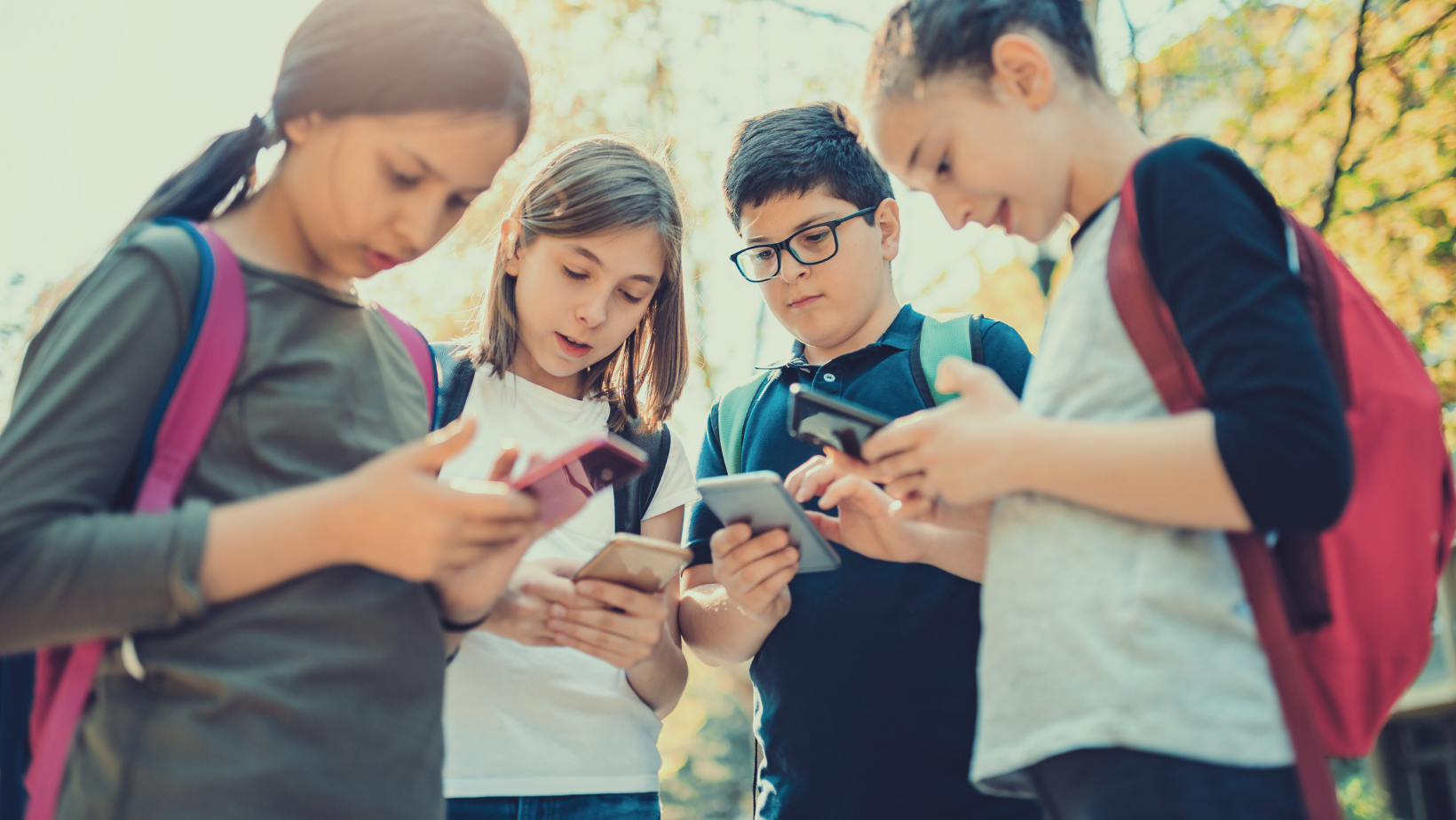In May of 2023, the U.S. Surgeon General, Dr. Vivek Murthy, issued a rare, 19 page, public health advisory on the harmful effects of social media on youth mental health, stating that “Children are exposed to harmful content on social media, ranging from violent and sexual content, to bullying and harassment. And for too many children, social media use is compromising their sleep and valuable in-person time with family and friends. We are in the middle of a national youth mental health crisis, and I am concerned that social media is an important driver of that crisis – one that we must urgently address.”
This quote by Dr. Murthy succinctly notes the core issues driving those detrimental effects: Harmful content (violent and sexual); bullying and harassment; sleep deprivation; and social disruption. Any one of these alone can have an extremely negative impact on a child’s mental health status, and a combination of them can be devastating. Let’s take a look at each issue and how they can damage the mental well being of young people.
Harmful Content
Adolescent brains are not just smaller versions of adult brains! The brain develops significantly during adolescence and even continues through the mid-20s. During this period, the prefrontal cortex, the part responsible for impulse control, decision-making, and reasoning, is still maturing. As a result, adolescents tend to rely more on their emotions than reason. Those adolescent tendencies toward impulsive and emotional decision making can significantly influence their reactions to harmful content, and cause a severe impact on their mental health.
Bullying & Harassment
Social media platforms are a breeding ground for bullying. They allow bullies to reach a much wider audience than ever before, provide anonymity to abusers which can often escalate the level of bullying, and it is very difficult for the victims to escape the torment. While not all youth are bullied or harassed online, the social comparison aspect is an ever present factor on social media. Our youth are consistently exposed to carefully curated, idealized versions of others’ seemingly perfect lives on social media which create unrealistic expectations of themselves and contribute to low self-esteem.
Sleep Deprivation
Kids are on their phones almost constantly during the day and when that extends into evening and bedtime, it can seriously disrupt sleep patterns. A study published in JAMA Pediatrics in 2019 found that adolescents who spent more than five hours a day on social media were 50% more likely to sleep less than seven hours a night, which is linked to increased risks of anxiety and depression. Sleep is not only an essential biological function, but something that more and more studies have shown is inextricably linked to mental health.
Social Disruption
Have you walked down the street, stood in line for coffee, or simply sat in a restaurant lately? If so, you may have noticed that almost every person, despite their age, is looking at their phone instead of socializing with the people around them. Our youth are growing up in a world where this form of connection is the norm. This dependence on the internet and social media to maintain connections can inhibit an adolescent’s development of essential real-world social skills leading to feelings of anxiety, isolation, and depression.
So, what can we do to protect our youth from the harms of social media? The Surgeon General’s advisory also included some tips on how to mitigate the negative and amplify the positive (yes there are some positive!) effects of social media. First, it is crucial for parents and caregivers to have open conversations with their children about social media and the potential harms. Second, adults need to model and promote responsible social media usage, set healthy boundaries, and encourage in person social activities. Third, reporting online bullying, abuse and communicating with other parents is key to curbing negative activities. These steps can help create a healthier, safer online environment for youth and their mental health.
Reference:
Surgeon General Advisory: Social Media and Youth Mental Health
https://www.hhs.gov/surgeongeneral/priorities/youth-mental-health/index.html

